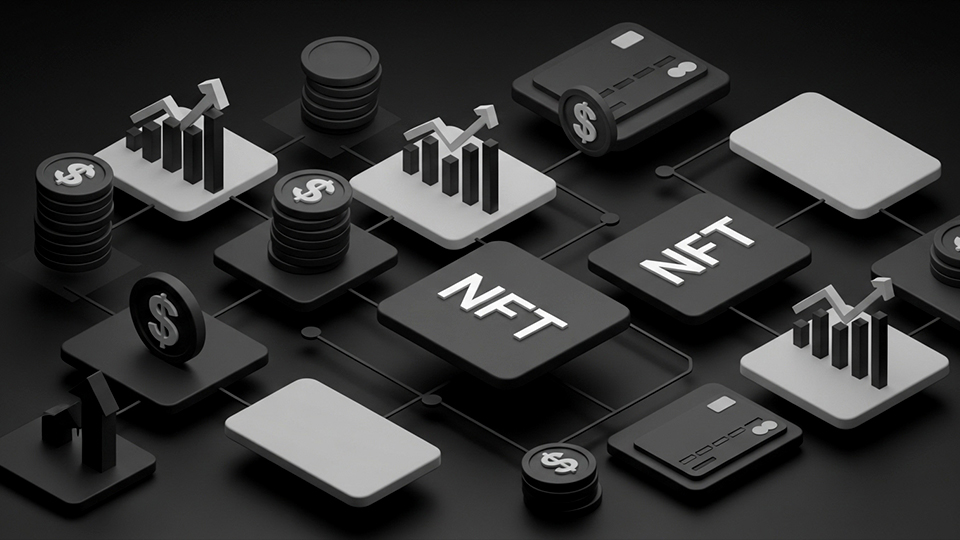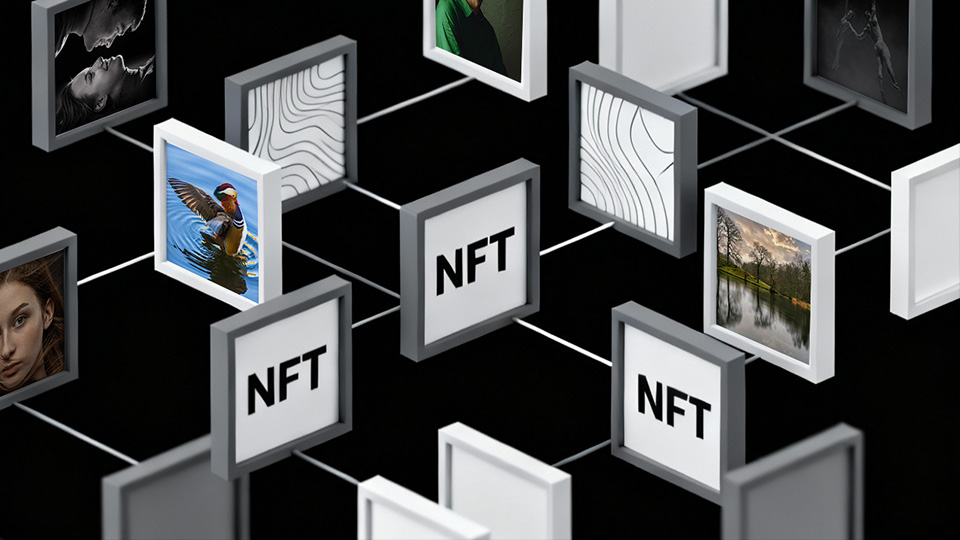What is Decentralized Science (DeSci) in Web3?
If you’re into Web3, you’ve probably come across the term “Decentralized Science” or DeSci. It’s a game-changer for scientific research, and it’s all about making the process more inclusive, transparent, and cooperative. Let’s go over what makes DeSci so exciting.
What’s the Big Idea?
DeSci is shaking up the traditional science world by moving away from centralized institutions (where a few big players hold all the power) to decentralized networks (where everyone has a say). This shift means more people can access resources and make decisions, reducing the control of gatekeepers.

Key Principles of DeSci?
1. Incentives: Researchers get rewarded with tokens for their contributions, aligning personal interests with the community’s goals of advancing knowledge and innovation.
2. Transparency: Everything from methodology to data and results is openly shared, making research more trustworthy and reproducible.
3. Decentralization: Power is distributed among many participants, promoting inclusivity and reducing the control of traditional gatekeepers.
4. Cooperation: By breaking down barriers, DeSci encourages global collaboration and a mix of diverse perspectives.
How Does It Work?
Blockchain: Ensures secure, tamper-proof data storage by distributing data across many nodes. This makes the data nearly impossible to alter without widespread agreement.
DAOs (Decentralized Autonomous Organizations): These organizations manage resources and decision-making without central intermediaries. Stakeholders can propose and vote on research projects, ensuring transparent governance.
Tokens and IP-NFTs (Intellectual Property Non-Fungible Tokens): Tokens reward researchers and encourage collaboration. IP-NFTs allow researchers to tokenize and trade their intellectual property, like papers and patents, while maintaining ownership.

Why Should You Care?
If you’re a researcher, DeSci can offer more freedom, transparency, and rewards for your work. For the broader community, it means scientific research that is more accessible, reliable, and collaborative. Imagine a world where knowledge flows freely, and every contribution is recognized and rewarded.



